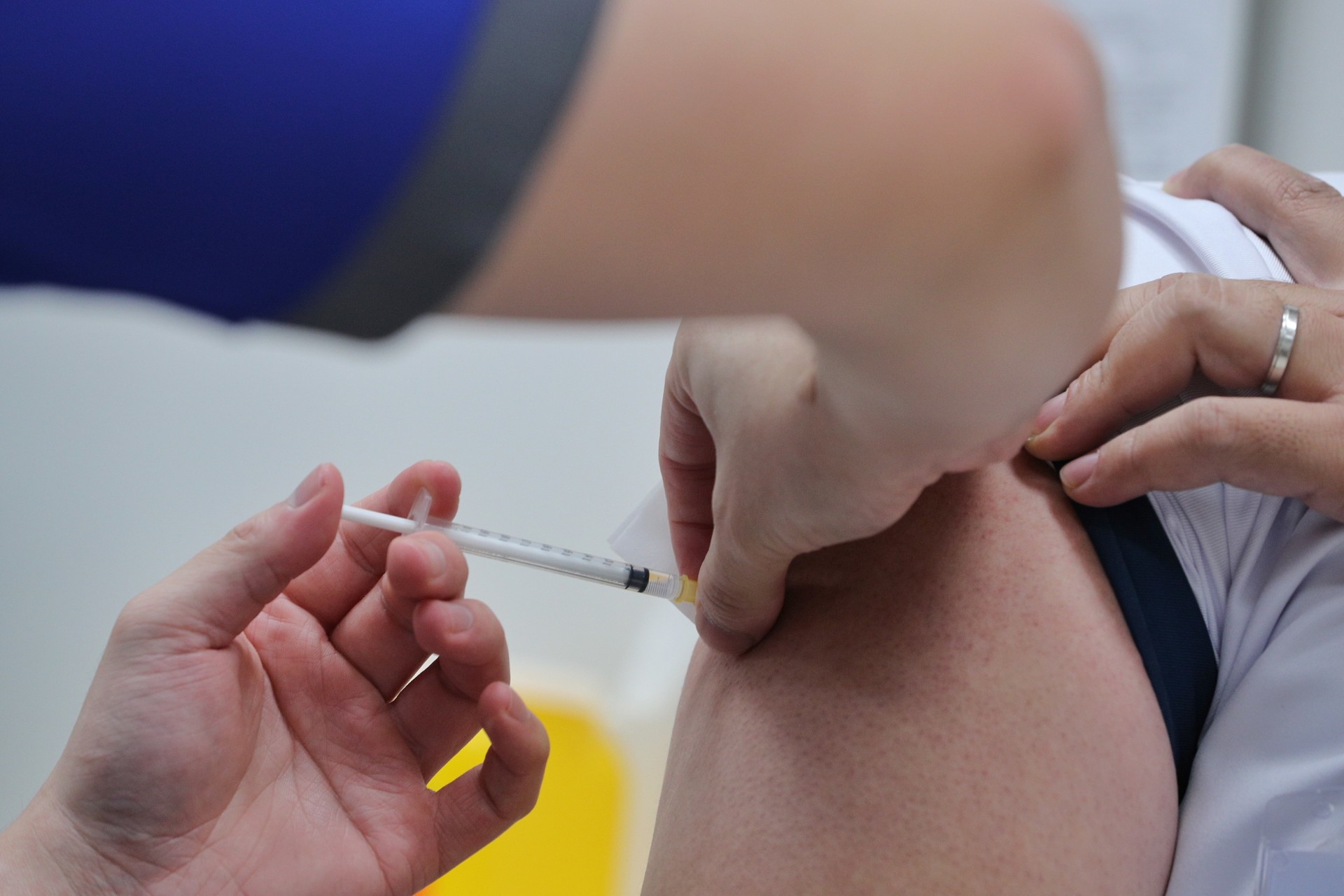Southeast Asia Events to Watch in 2021: Part 1

By experts and staff
- Published
Experts
![]() By Joshua KurlantzickSenior Fellow for Southeast Asia and South Asia
By Joshua KurlantzickSenior Fellow for Southeast Asia and South Asia
The past year was a highly eventful one in Southeast Asia. The region suffered significantly from the global pandemic, and yet it also contained some of the states with the best records on COVID-19 in the world, including Vietnam and Thailand. Many Southeast Asian countries, even those that have handled the pandemic effectively, face vast economic distress this year, and the region also faces continued democratic backsliding and major geopolitical and strategic challenges. Here is the first tranche of some events to watch in Southeast Asia in 2021.
- Vaccinating Populations
While Thailand, Vietnam, Singapore, Brunei, and several other Southeast Asian states have had exemplary records in containing COVID-19, especially given that Vietnam and Thailand are not wealthy countries, the region now needs to obtain and vaccinate people to wholly stop the pandemic. Unfortunately, many of the leading vaccine makers have reserved hundreds of millions of initial doses for wealthy countries, and several Southeast Asian states do not seem to have clear plans in place for vaccination. Not surprisingly, Singapore already has begun vaccinations, and seems to have a clear plan in place. Indonesia also has several deals for vaccines, including those from China, but the safety of the Chinese-made vaccines still remains unclear. Other countries like Thailand, Malaysia, and the Philippines do have strategies in place, but they may be stuck waiting for vaccines as European and North American states get more of the first shipments, and still other Southeast Asian states do not have a clear vaccination plan in place. Much of the region may remain unvaccinated even late in 2021. - The Economic Impact
Even Thailand and Vietnam and Singapore, which have handled COVID-19 impressively, suffered major economic hits this year, though their ability to control the pandemic will bolster their economic recovery, making them relatively attractive to foreign investment. (Bloomberg recently ranked Thailand as one the strongest emerging markets economically in 2021, although I have my doubts given Thailand’s dependence on tourism, political instability, and other major challenges.) Singapore, a highly trade-dependent and tourism-dependent economy, is expected to see its economy shrink by at least 6 percent when the final figures for 2020 are calculated, while Thailand also has suffered a severe contraction. The Philippines, meanwhile, with one of the toughest lockdowns in the world, has weathered a horrendous economic contraction, probably of around 8.5 to 9.5 percent—its worst economic performance in decades, which has fallen particularly hard in a country with high rates of poverty and inequality.
While it is possible that some Southeast Asian states will rebound strongly in 2021, the reality for many seems grimmer. Without effective vaccination strategies, many Southeast Asian states will continue to struggle. Tourism, so important to economies like Thailand, is unlikely to rebound quickly until travelers feel much more confident about safety. The region has continued to push through multilateral trade liberalization, most recently with the signing of the Regional Comprehensive Economic Partnership, but it will be of little help if most countries do not get people vaccinated, consumer spending remains depressed, infrastructure building remains in limbo, and most tourists are still scared to cross borders.
- COVID-19’s Impact on Democracy
Like many other regions of the world, Southeast Asia saw that the pandemic allowed illiberal leaders to entrench their gains. In a CFR Discussion Paper released in November, I documented some of the ways in which COVID-19 had facilitated more democratic backsliding in Southeast Asia, including in the Philippines, Malaysia, Thailand, Cambodia, and Indonesia, among others. Southeast Asia was hardly alone; Freedom House released a study of the pandemic’s effect on democracy, and showed that democracy had weakened during the pandemic in eighty countries. (I contributed slightly to some of the Southeast Asia research for that report.) Will the region’s illiberal leaders consolidate the further gains they made in 2020? It is likely, although not assured in some places like Thailand.
For Thailand in particular, the kingdom’s domestic struggles—partly due to new restrictions enacted after COVID-19 and partly due to pent-up anger at the monarchy and the military—seem poised for a bleak outcome, with the return of the lèse-majesté law in force and the potential for a substantial crackdown if protests continue into the new year.
